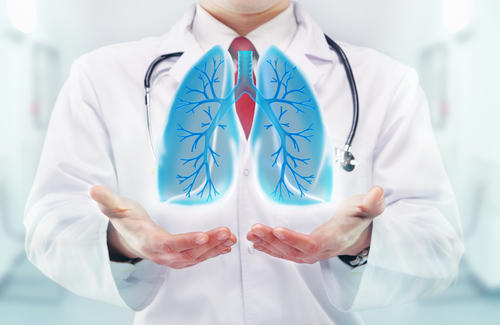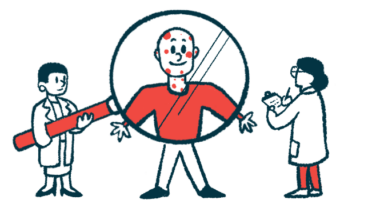Breathing Aids for LEMS patients

Lambert-Eaton myasthenic syndrome (LEMS) is a rare autoimmune disease characterized by muscle weakness, among other symptoms. As the disease progresses, some patients may start to experience weakness in the muscles that control breathing, and therefore require breathing aids.
Here are some breathing aids that can help those experiencing breathing difficulties:
Continuous positive airway pressure machine
Continuous positive airway pressure (CPAP) machines are designed to treat sleep apnea. They use mild pressure to keep the airways open at night. For some LEMS patients, using a CPAP machine can provide breathing support and ensure they get a good night’s sleep.
Portable oxygen tank
For some patients, getting a little extra oxygen can help. This way, even small breaths contain more oxygen than normal breaths. Portable oxygen tanks are available for the day or at night if oxygen is only needed when breathing is naturally slower.
Ventilator
In more severe cases of respiratory failure, a ventilator may be needed temporarily or permanently. A ventilator is a breathing machine that either helps patients breathe or breathes for them. The machine is connected to the body via a breathing tube that is placed down the throat. Alternatively, the breathing tube may be surgically connected to the throat through a procedure called a tracheostomy. This kind of continuous breathing support may require patients to be in a long-term care facility.
Last updated: Feb. 3, 2020
***
Lambert-Eaton News is strictly a news and information website about the disease. It does not provide medical advice, diagnosis, or treatment. This content is not intended to be a substitute for professional medical advice, diagnosis, or treatment. Always seek the advice of your physician or other qualified healthcare providers with any questions you may have regarding a medical condition. Never disregard professional medical advice or delay in seeking it because of something you have read on this website.






